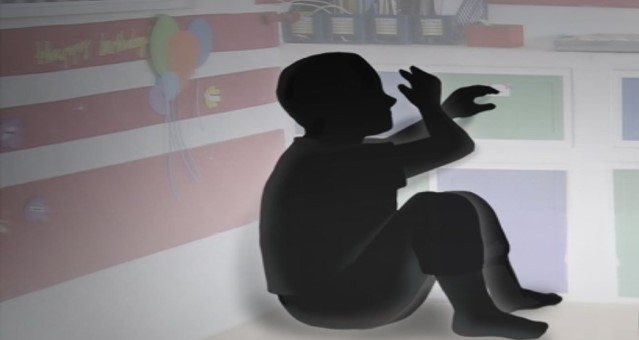South Korea lacks a “big picture” for dealing with child abuse, and must break away from the idea that child abuse is a “family problem,” experts say.
Although this is slowly changing, child abuse is still perceived as a family issue instead of a crime that society needs to intervene to stop.
Even before the horrific death in October of a 16-month-old girl named Jeong-in, child abuse was nothing new. In 2020, a 9-year-old boy who was abused by his stepmother died after being placed inside a suitcase, and a 10-year-old girl escaped from her abusers and ran to a convenience store. On Wednesday a woman was arrested on charges of abusing her 3-month-old daughter and fracturing her skull, hip and chest.
The number of child abuse reports is increasing every year, having nearly tripled from 11,700 in 2015 to 30,000 in 2019. Of these cases, 7.8 percent involved infants.
“In the 2000s, when there was domestic violence, the police did not intervene because it was considered a couple’s problem. Now, it has changed a lot. But child abuse is still regarded as a family issue and not a crime that the government or society should intervene (to stop),” said Jung Jae-hoon, a social welfare professor at Seoul Women’s University.
“So there is no big picture from the government against child abuse. The nation’s child welfare law has been revised slightly only when there was a big abuse case that made the headlines,” he said.
After the Jeong-in case broke out, lawmakers hurriedly revised the enforcement decree of the Act on Special Cases Concerning the Punishment, etc. of Child Abuse Crimes. The changes reflected the essence of 10 bills that had been neglected by the National Assembly for many years.
The revised law focuses on dispatching police on-site after abuse is reported and rapidly separating children from their parents.
“It is no use because the abused children have to go back to their abusive parents 72 hours after going to shelters -- of which there are only 72 nationwide,” Jung said.
“As soon as the abused children are (taken away), the state and society should intervene and help them make a fresh start. But currently there is no policy, budget, expertise or awareness from officials, police and counselors for that.”
Public officials in charge of child welfare in Korea rotate every two to three years, making it difficult for them to gain expertise. This contrasts with the situation in Germany, where officials in charge of child welfare stay in the same field until retirement age, the professor said.
Responding to child abuse also requires stable funding. The budget for this purpose currently comes from lottery revenue, not from the general budget of the Ministry of Health and Welfare.
Lax adoption processThe essence of child abuse is mistreatment and not whether they are abused by biological parents or adoptive parents. However, the adoption process should be stricter than it is now, said Chung Sun-wook, chief of the civic group the Korean Society of Child Welfare.
“Couples may not be prepared and have fantasies about raising a child. They may not know how difficult raising a child is and how much they should sacrifice themselves,” Chung said.
“Adoption requires a lot of preparation, determination and support. Parents should be sufficiently verified whether they can care for children. It shouldn’t be rushed.
“However, in reality, it is very difficult to verify whether the couples are eligible. An adoption agency is cautious about verifying properly, worrying that adoptive parents can be offended. There should be education to the extent that the parents think ‘adoption is very difficult’ and ‘I should not be an adoptive parent.’”
However, the reality is different. Because there are many children who need homes and relatively few families seeking to adopt, adoption applications are approved almost 100 percent of the time. From 2017 through 2019, there were 2,244 applications for adoption and 2,248 were approved.
“The state provides 2.7 million won ($2,454) for the adoption agency every time the adoption takes place, and the agency cannot be free from such interests,” Jung said.
She said it is not possible to convert to a national system of adoption overnight, from the current private system. “However, the state should take more responsibility for the abandoned children from beginning to end at the national level.”
By Shin Ji-hye (
shinjh@heraldcorp.com)







![[Today’s K-pop] Blackpink’s Jennie, Lisa invited to Coachella as solo acts](http://res.heraldm.com/phpwas/restmb_idxmake.php?idx=644&simg=/content/image/2024/11/21/20241121050099_0.jpg)
